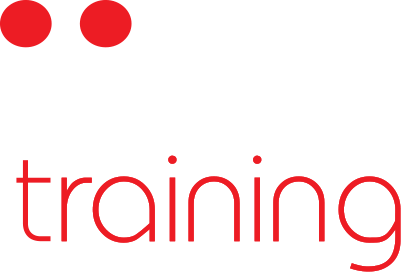Over the past few decades, the information technology industry has grown by leaps and bounds, from what was simply a world of brand new, unfamiliar technology into an entire industry. The IT industry exists because technology has grown to become part of nearly everything we do. In almost any career field, technology will be a major part of the job description, with a constant demand to stay up-to-date and keep your skills freshly polished. To meet this specific need of boosting and honing IT skills, the IT training industry was born. IT training ensures that individuals who are utilising technology in the workplace (perhaps as well as in their daily lives) are fully equipped to handle the technological equipment, programs, and requirements asked of them. So what are the training goals of the IT industry?
1. Train users sufficiently in work-related applications, programs, and processes.
For immediate results, training goals should include helping employees find a firm grasp on the current technology being used in the work environment. IT training should be comprehensive, with the goal of helping each trainee come to a full understanding of how PC and web-based programs work and how they’ll use them on the job. This training promotes success in the workplace by ensuring all staff members are on the same page when it comes to shared technology.
2. Train with a focus on future skills development.
Training for IT skills can be an ongoing process, as technological advancements continue and improvements are made. Employees may need a training refresher to help adapt to new technologies or equipment. The best kind of IT training, however, from the get-go gives users the tools to better adapt to any of these changes in the technology. A second goal of training, then is to focus on future skills development. With proper training, an individual should have enough understanding of the new technology to handle smaller shifts such as upgrades. Larger, more extensive changes may require additional training.
3. Train across disciplines and for a diversity of abilities.
Thirdly, the best training is performed with an eye towards interdisciplinary training. Though IT training, of course, focuses mostly on the specifics of information technology, this has become blended into so many other fields that it is necessary to train users for a diversity of skills. This means that training in various industries needs to be highly specific to that industry. To achieve this goal, an IT trainer should be able to incorporate elements of that industry’s needs and specifics into his training. This may involve using examples of practical application of an IT skill, and showing how the new technology can assist with an industry-specific task. In essence, excellent IT training helps people learn how to use technology to solve real business problems.
These are just a small sampling of the goals that might be focused on when training for IT. As the workplace and IT industry changes, new outcomes may be desirable, thereby shifting the goals. When considering business IT training in the near future, contact us at IIT Training to find out how we can help your company reach these goals.


